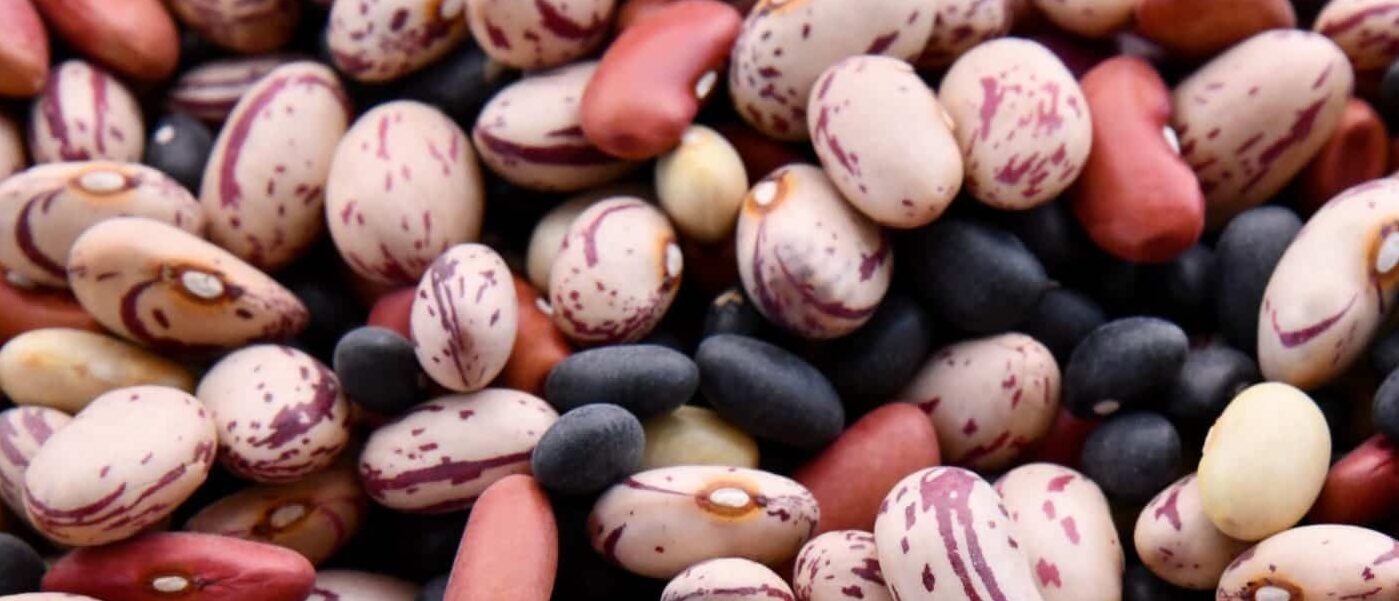Managing PCOS through Nutrition and Dietitian Services: A Comprehensive Guide
Polycystic Ovary Syndrome (PCOS) affects millions of women worldwide, impacting fertility, hormone balance, and overall health. While there is no cure for PCOS, lifestyle changes, including proper nutrition and expert guidance from dietitians, can significantly manage symptoms and improve quality of life. Here’s how nutrition and dietitian services play a crucial role in managing PCOS:
Understanding PCOS
PCOS is a hormonal disorder characterized by elevated levels of androgens (male hormones) and irregular menstrual cycles. Common symptoms include ovarian cysts, irregular periods, weight gain, acne, and hair thinning or excess hair growth (hirsutism). Women with PCOS are also at higher risk for insulin resistance, which can lead to type 2 diabetes and cardiovascular issues.
The Role of Nutrition in PCOS Management
A balanced diet plays a vital role in managing PCOS symptoms and promoting overall health. Key nutritional strategies include:
- Balancing Blood Sugar Levels: Women with PCOS are often insulin resistant, meaning their bodies have trouble processing glucose. A diet rich in complex carbohydrates, fiber, and lean proteins can help stabilize blood sugar levels and improve insulin sensitivity.
- Managing Weight: Weight management is crucial for women with PCOS, as excess weight can exacerbate symptoms. A dietitian can create a personalized meal plan that supports healthy weight loss through portion control, nutrient-dense foods, and mindful eating practices.
- Supporting Hormonal Balance: Certain nutrients, such as omega-3 fatty acids, antioxidants (like vitamin C and E), and magnesium, can help regulate hormone levels and reduce inflammation associated with PCOS.
- Addressing Specific Symptoms: Nutrition can also target specific symptoms of PCOS, such as acne and hirsutism. For example, anti-inflammatory foods and supplements like zinc and vitamin A may help improve skin health, while managing insulin levels can reduce excess hair growth.
Expert Guidance from Dietitians
Consulting with a registered dietitian who specializes in PCOS can provide personalized guidance and support. A dietitian will assess your unique needs, lifestyle, and health goals to create a tailored nutrition plan. They can:
- Educate on PCOS-Friendly Foods: Offer recommendations on foods that support hormone balance, manage insulin levels, and promote weight loss.
- Provide Practical Meal Plans: Create balanced meal plans that are easy to follow and integrate into your daily life.
- Monitor Progress: Track your progress and make adjustments to your nutrition plan as needed to optimize outcomes.
Lifestyle Recommendations
In addition to nutrition, lifestyle modifications can further support PCOS management:
- Regular Physical Activity: Exercise improves insulin sensitivity, aids in weight management, and reduces stress levels.
- Stress Management: High stress levels can exacerbate symptoms of PCOS. Techniques such as yoga, meditation, and deep breathing can help reduce stress and promote relaxation.
Managing PCOS requires a holistic approach that includes nutrition, lifestyle modifications, and expert guidance from healthcare professionals. By prioritizing balanced nutrition, seeking support from a registered dietitian, and adopting healthy lifestyle habits, women with PCOS can effectively manage symptoms, improve fertility outcomes, and enhance overall well-being.
For personalized nutrition counseling and support in managing PCOS, consider scheduling a consultation with one of our dietitians at The Clinic at Christie. Our experienced team is dedicated to empowering women with PCOS to achieve optimal health through tailored nutrition plans and compassionate care.

